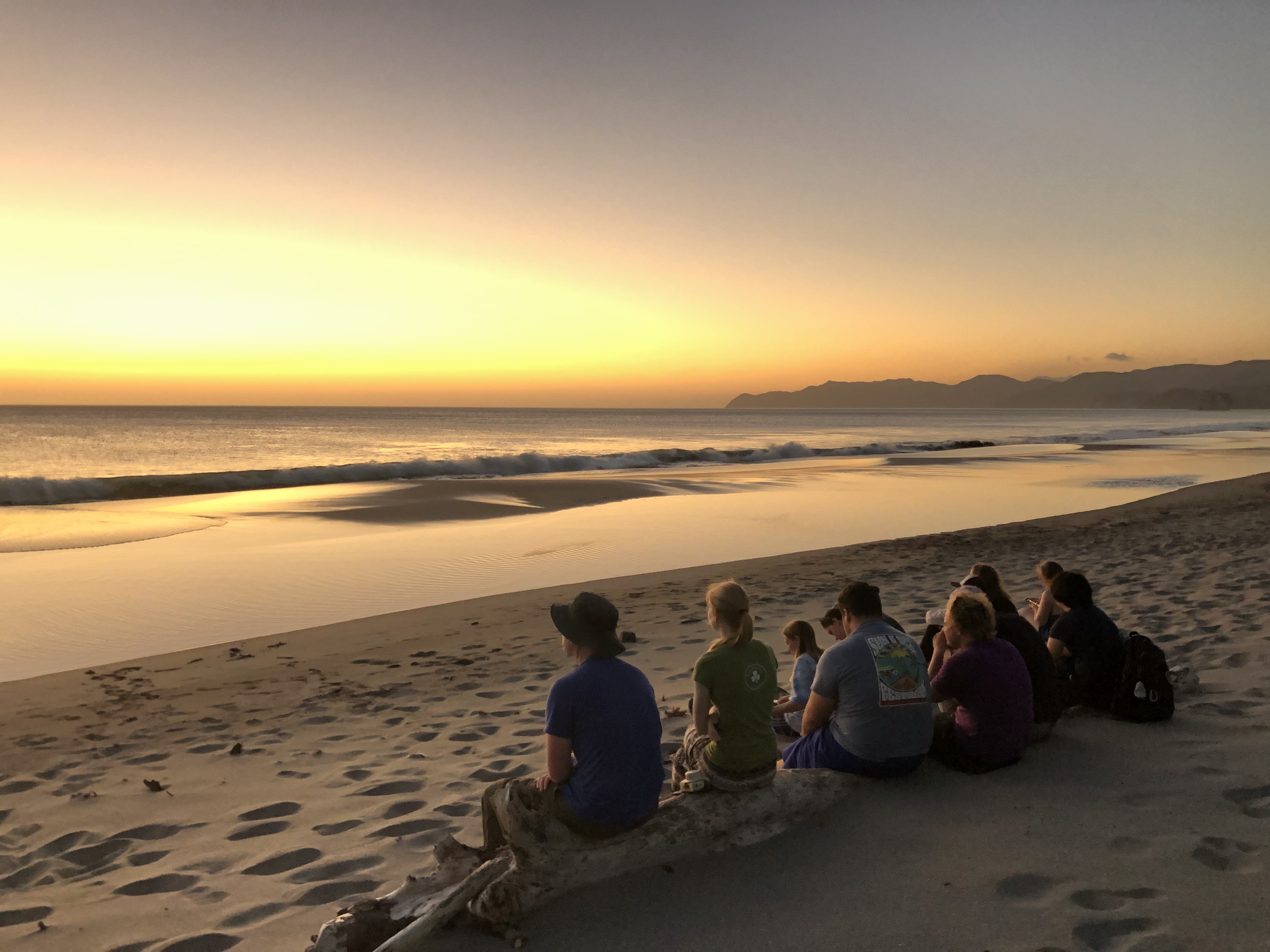Winter 2027
The application period for this program has passed.

The Department of Biological Sciences offers a tropical biology foreign study program in the Caribbean and Central America. Courses are taught by multiple Dartmouth faculty directors, assisted by graduate student TAs. This program exposes Dartmouth students to Earth's most diverse biological communities on land (tropical forests) and in the ocean (coral reefs). Through intensive, full-immersion studies of these natural systems, students are challenged to know, understand and appreciate the diversity of form and function in organisms, and the interactions that generate the often-spectacular patterns they see in the field
As the program develops, most time is spent on independent projects, i.e. research design, data collection, statistical analysis, seminar presentation, and manuscript writing. After several revisions, research papers are published in an annual book that is distributed to field stations and several libraries, as well as to students.
About 15 students are selected for the program.
For more information about applying for this program, see our webpage on How to Apply & our FAQs under section 2 (How to Apply: Application)
Field sites may vary from year to year. Most work will be at established field research stations in the more remote areas of Central America (currently Costa Rica) or the Caribbean (at Little Cayman Island).
Accommodations vary from small, modest hotels to dormitories and (for a few days) relatively primitive field camps. Living costs will be approximately the same as for room and board on campus.
Travel, other logistics and meals are planned to maximize time availability for study and research. There is a full daily program from early morning to late evening, including lectures, field orientations, laboratories on organisms and analytical methods, and student critiques of relevant literature. Faculty work closely with students on every project, share the same living and eating facilities, and travel with them from site to site. Students are encouraged to interact with people from the host countries at every opportunity.
For more information, please see the department website.
We encourage students to engage with their SAS advisors and program faculty/staff during the exploratory, pre-application phase to discuss how disability-related accommodations and access needs can be supported in an off-campus environment. If you currently have approved accommodations at Hanover, SAS will review them to determine which can be provided at your off-campus location and what alternatives may be needed. On-campus and off-campus accommodations may differ depending on each program location's resources and accessibility features. We recommend beginning this discussion with SAS as soon as you are accepted and no later than at least one whole quarter before your program start date.
For next steps, review the Off-Campus Program Accommodations page on the SAS website.
The fees charged by the College for a Dartmouth-sponsored off-campus term of study include regular tuition charges for a term at Dartmouth, service fees, as well as the specific costs established for each off-campus study locale. In many programs, the room and board costs tend to be higher than for a term in Hanover. You can view a budget sheet for each program by clicking on the appropriate term under "Financing Your Program". The cost of transportation to and from the site is the responsibility of the student.
In order that all qualified Dartmouth undergraduate students may have the opportunity to take part in off-campus programs, the College endeavors to adjust its normal financial aid awards for students already receiving aid. Tuition and expected family contribution for Dartmouth's off-campus programs are the same as for an on-campus term.
All costs, including airfare and spending money, are considered when determining the cost of an off-campus program. Any costs more than a typical term in Hanover are met with additional Dartmouth Scholarship Funds. If you have a work expectation for the term, this will be replaced by scholarship funding for programs that span the entire term.
Students are responsible for purchasing their own plane tickets and, in many cases, meals. Often, families find that they owe less for billable items for study away terms but will instead use more of their expected family contribution towards indirect costs such as the flight and meals. For help sorting out who pays what and how, contacting the Financial Aid office is often advisable.
Financing your program | Financial Aid | Scholarships | Budgeting & Costs
 Sherry Finnemore Department Administrator
Sherry Finnemore Department Administrator